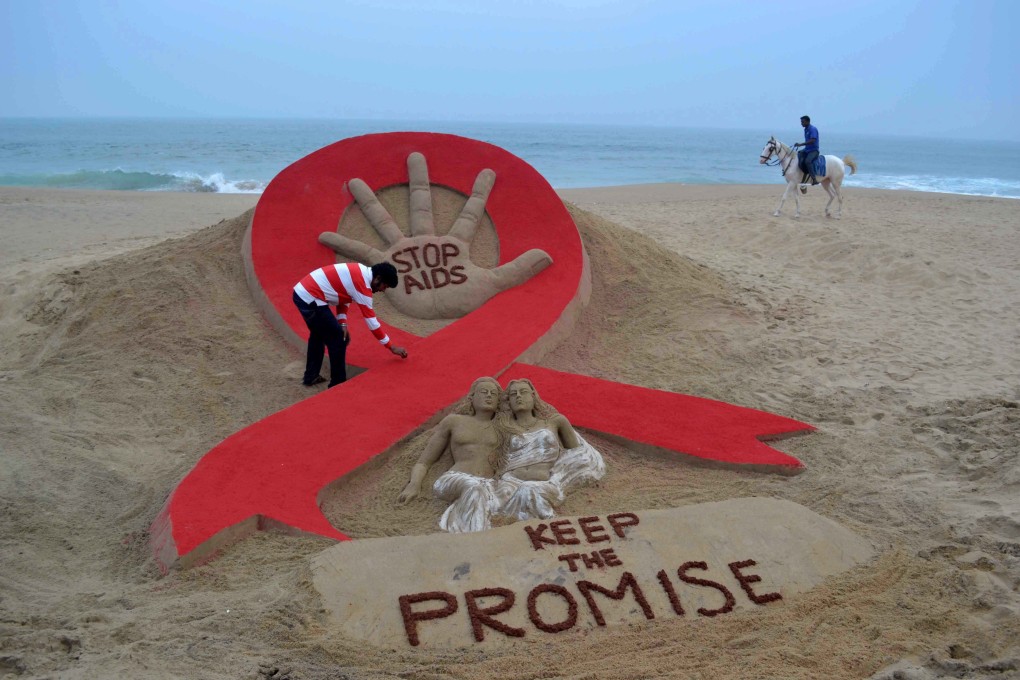Advertisement
Opinion | Global HIV response holds lessons for fight against coronavirus
- International solidarity, addressing inequality and looking beyond health concerns are key to preventing future health emergencies
- As with HIV, Covid-19 is showing that pandemics and their impacts are about more than just health
3-MIN READ3-MIN

It is our duty to learn the important lessons from the global HIV response for fighting Covid-19 and preventing future health emergencies. We have three lessons to share.
First, a global health threat – be it HIV, polio or Covid-19 – can only be defeated with the solidarity of a global commitment. International cooperation and highest-level ambition in the plan are crucial.
For the current Covid-19 response, we still have far to go to realise that solidarity and achieve equal results across the world.
Advertisement
Early in the pandemic, even before there was a vaccine, UNAids and partners called for a “people’s vaccine”, espousing the principle that where you live should not determine your place in the queue for the vaccine.

03:26
India’s mass-vaccination drive falters as country hits 20 million coronavirus cases
India’s mass-vaccination drive falters as country hits 20 million coronavirus cases
What we didn’t want to see is a repeat of the HIV response, where poorer countries waited nearly a decade after the roll-out of effective HIV treatment in wealthy countries before it became available to them.
Advertisement
Advertisement
Select Voice
Select Speed
1.00x
